Simply put, HVAC stands for heating, ventilation, and air conditioners. Hence, it is easy to guess that HVAC companies provide services related to air conditioners, and other heating/cooling units. Qualified HVAC repair services are capable of installing, repairing, and maintaining your cooling, heating, and ventilation systems. However, often at times, many experienced companies work in any particular field.
Still, many HVAC companies offer a diverse set of services related to these areas. Sometimes, they specialize in different technologies such as commercial cooling, solar technologies, and water-based heating. So, before you call an HVAC company in, ask about the type of services they offer and what they specialize in.
All about HVAC services
This article is meant to be a guide for all the newbies who want to learn more about HVAC services and what they can possibly offer.
What do HVAC technicians do?
Well, the job of an HVAC technician simply depends on his specialty, position, and the industry in which they are employed in.
A typical work-day of an HVAC technician begins with figuring out the problem that needs fixing. Most of the HVAC companies have technicians who will travel using the company transport to the customer’s place. Then, the technician will take note of all the issues and think about possible solutions.
The final job can be as small as repairing a broken pipe or as big as repairing the internal components of the air conditioners. Sometimes, the technician will simply carry out routine maintenance to increase the efficiency of air conditioners.
Technicians can either work independently as self-employed workers. These technicians get independent contracts from people. Or, they can work under employment with a reliable HVAC company.
The various jobs that an HVAC technician will have to do include:
- Study of various specifications and blueprints
- Testing of tubing and pipes
- Finding leakages
- Test of components and electrical circuits
- Replacing or repairing defective equipment
- Improvement of the HVAC system
- Adjustment of thermostats, timers, humidistats, and connections
- Adjustment of system controls for balance
- Assembling, mounting, and positioning of the HVAC equipment
- Design, installation, or lay-out of the electrical wiring
- Respond to after-hours emergency calls if required
- Recording and reporting materials, deficiency, time, and other important parameters.
Installations
Usually, HVAC technicians install units based on their specifications. These specifications are provided by the architectural engineers. However, before the installation phase, HVAC technical complete other calculations that determine whether the system is even appropriate or not.
After the installation is complete, the technician will then check the connections and the piping of the system. In this step, the HVAC unit will get connected to the ductwork.
HVAC technicians who also deal with refrigerators must have a US Environmental Protection Agency (EPA) certification under their belt.
After the full installation, the next step is maintenance. These technicians are then routinely called by responsible owners for checking the ventilation, heating, and efficiency of the air conditioning systems. This is normally done two times a year. However, many people do it thrice or more.
Maintenance of air conditioners is of extreme importance if long-term working is required. Without maintenance, the air conditioners will simply shutdown eventually or stop cooling. This will require expensive repairs.
Ending note
It is likely that by now you would have realized how important it is to call commercial HVAC companies for repairs and maintenance occasionally. The maintenance will ensure that your system/unit keeps working in the best shape. This will also reduce your billing costs and electricity usage. Without maintenance (at least twice a year), your air conditioner will simply shut down resulting in costly repairs. Hence, occasional maintenance is actually valuable for you.

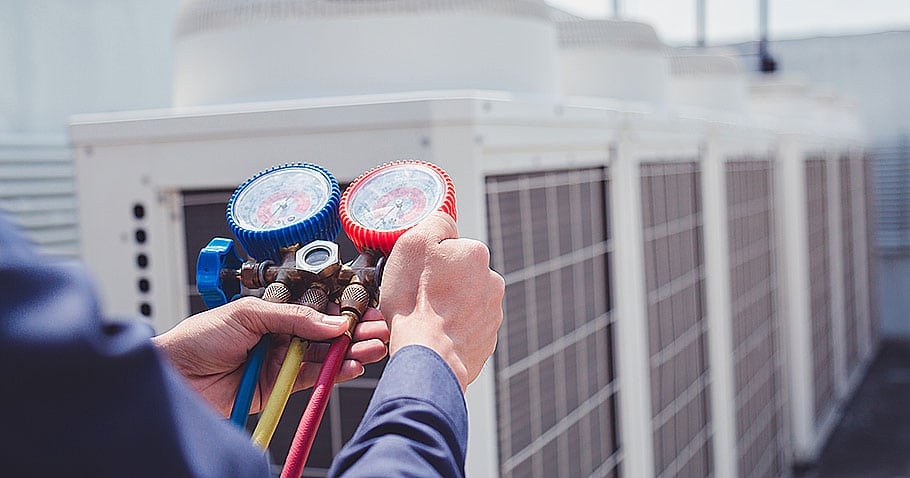

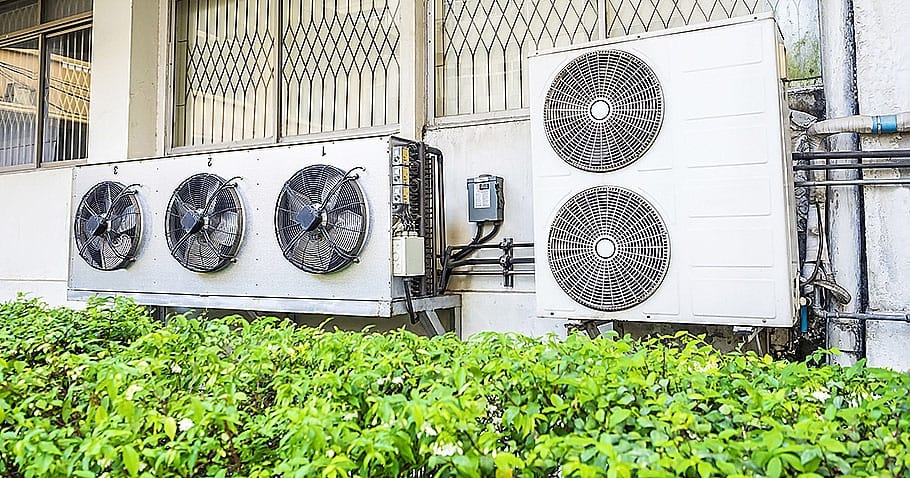
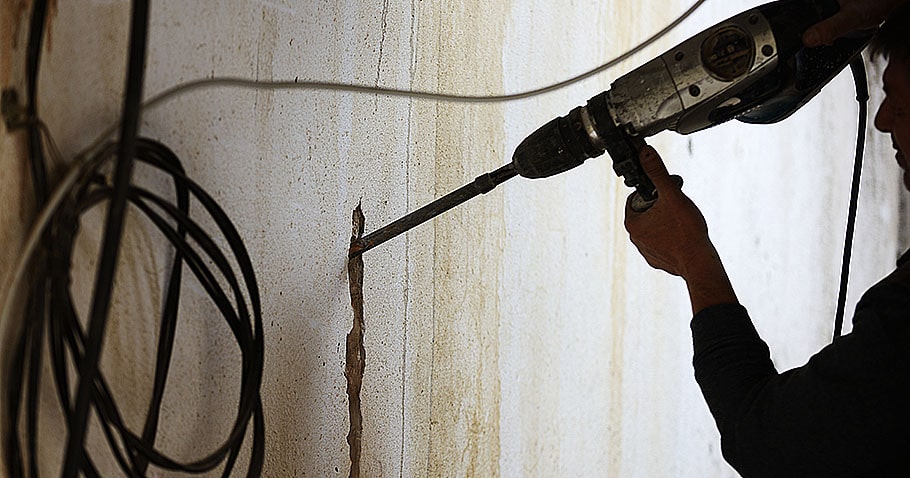
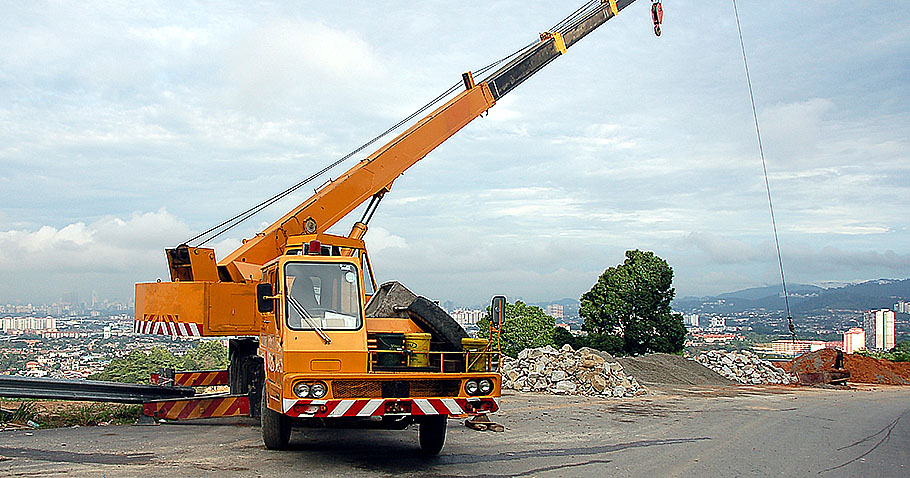
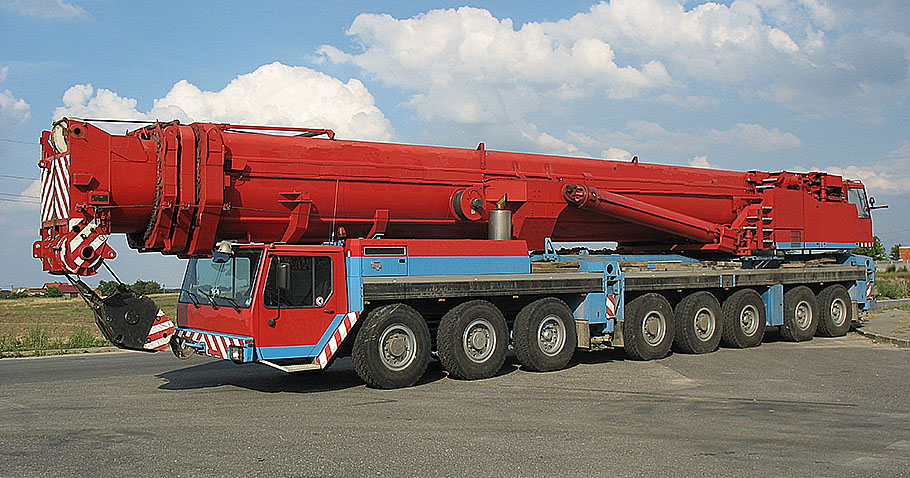
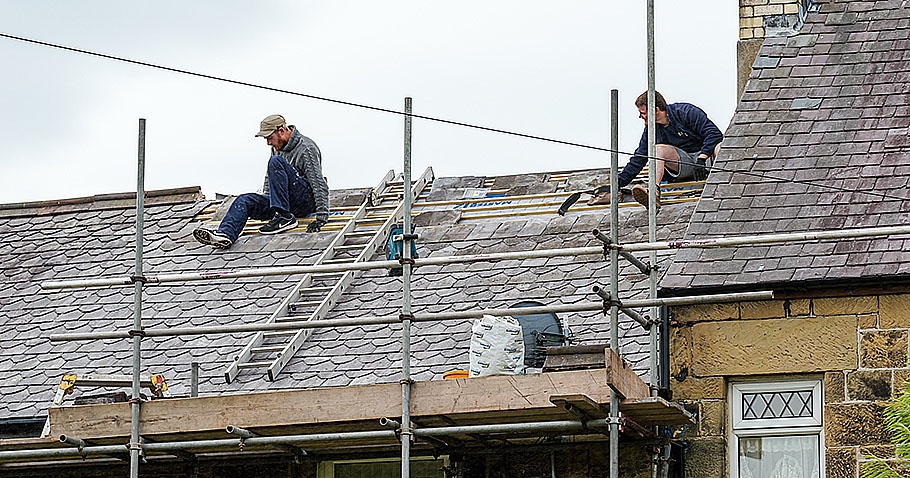
Comments